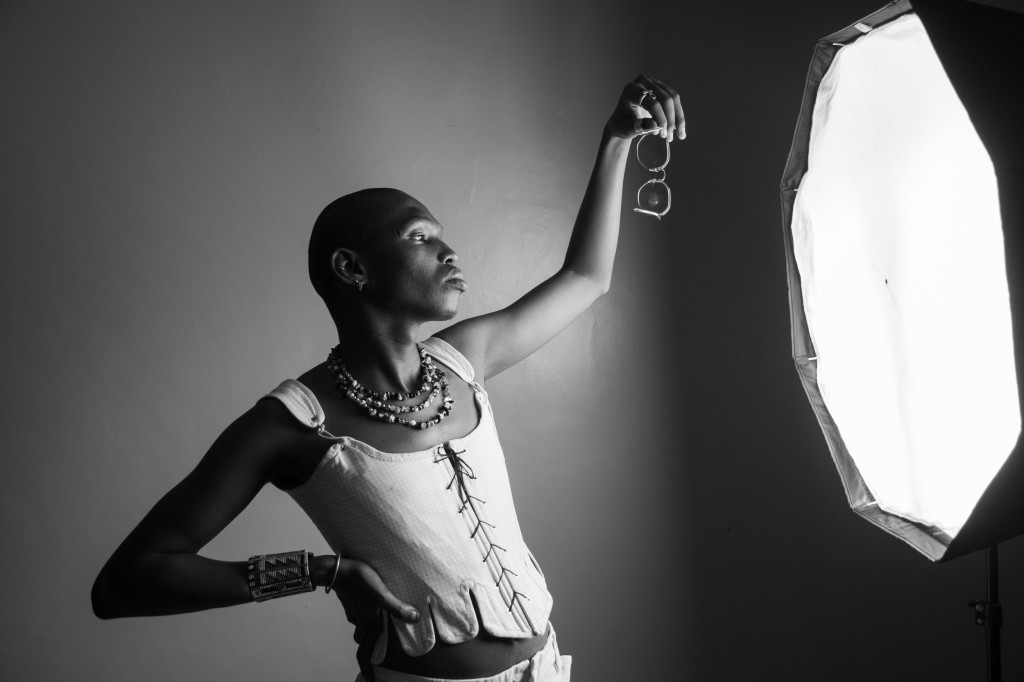
Njiriru/
Kenya
“My story is a story of hope, that the 17-year old me is gonna get through the trauma, the stigma, the hate, the name-calling, the anxiety of not knowing what turn my life would take…”
READ THE STORY
“My story is a story of hope, that the 17-year old me is gonna get through the trauma, the stigma, the hate, the name-calling, the anxiety of not knowing what turn my life would take…”
READ THE STORY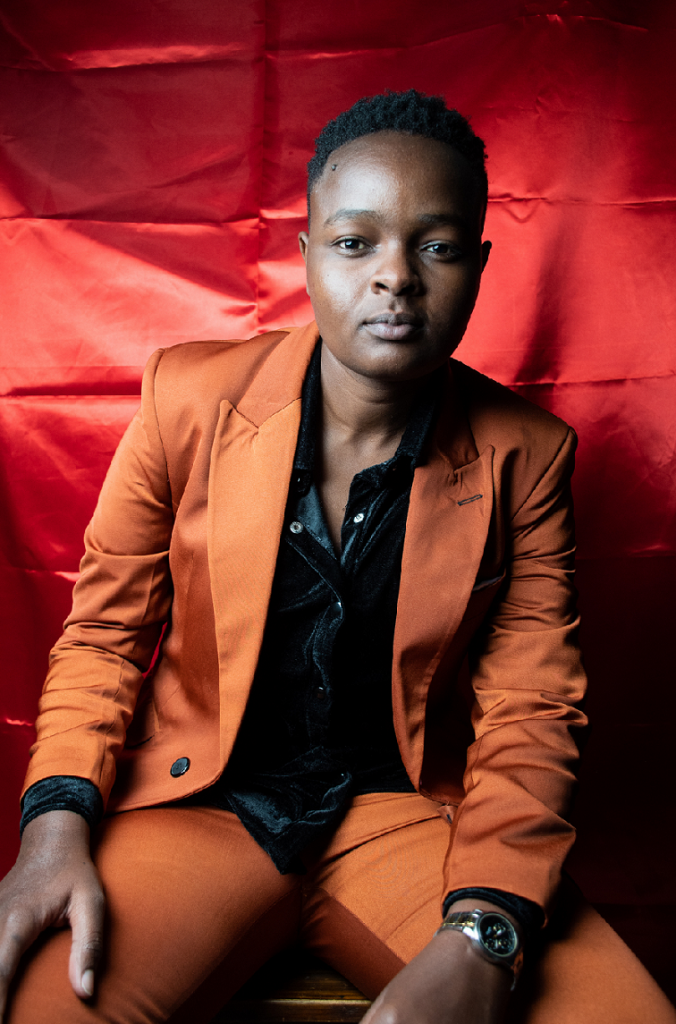
“The society expects us to fit into the sex and or gender binary created by it, if it is neither male of female, then it’s an abomination.”
READ THE STORY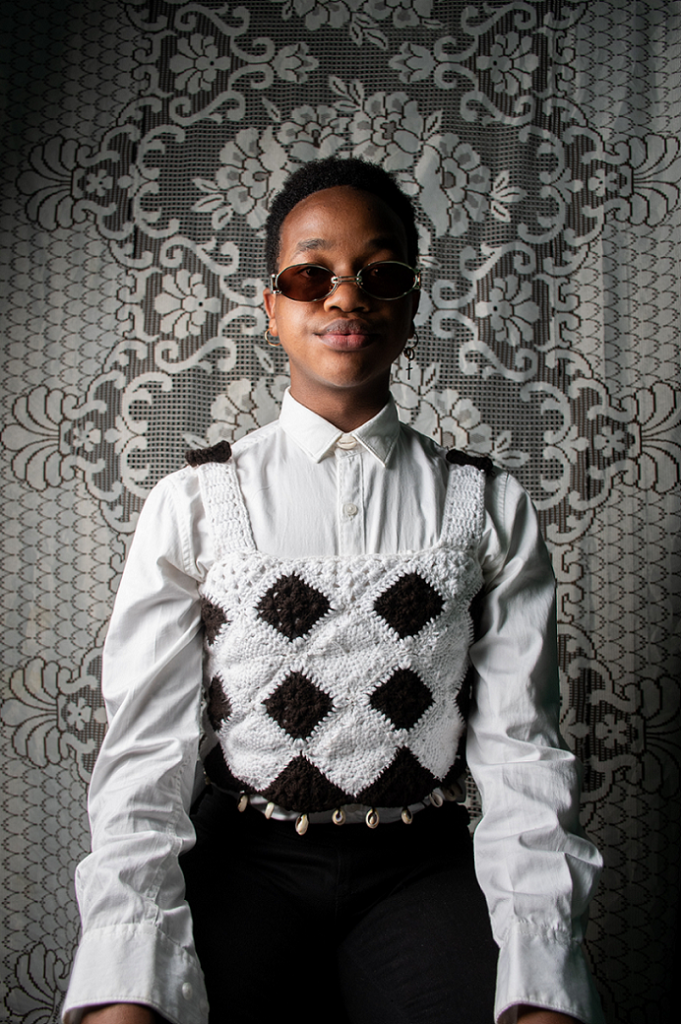
“I discovered writing when I was 14. It began with a couple random notebooks where I would pour everything that went through my mind onto the pages, and go on to burn them or tear the paper to shreds. It was euphoric.”
READ THE STORY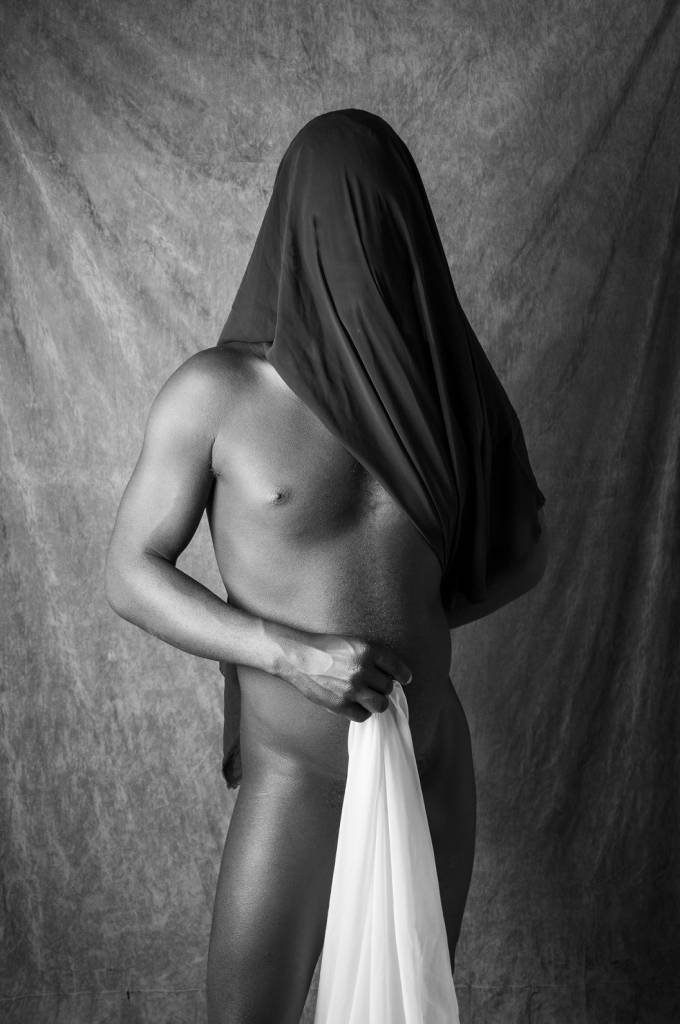
“It is difficult to live here because it is illegal to be gay. If you are caught you will be beaten by a mob or the community. If your family finds out, they will not identify you as their kin.”
READ THE STORY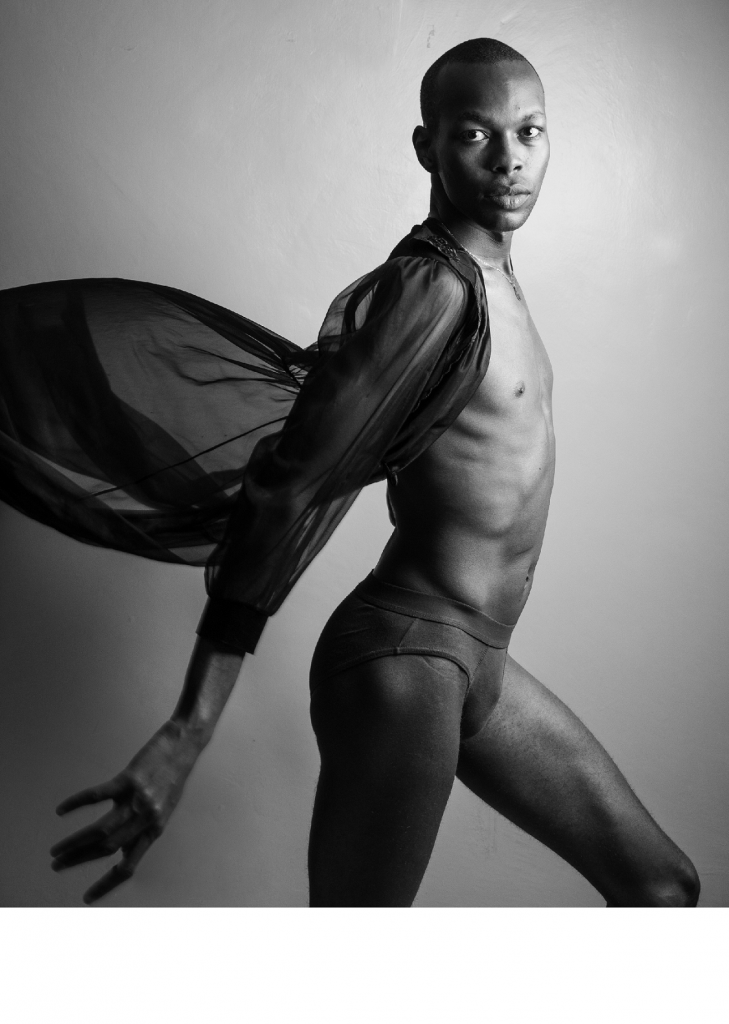
“Slowly, I started to conceptualize we are all divine beings and that the divine is within all of us. I came to believe that the divine has no gender, it is neither male or female, it just is. If I am a part of the divine, then why should I limit myself to an expression of only the male gender.”
READ THE STORY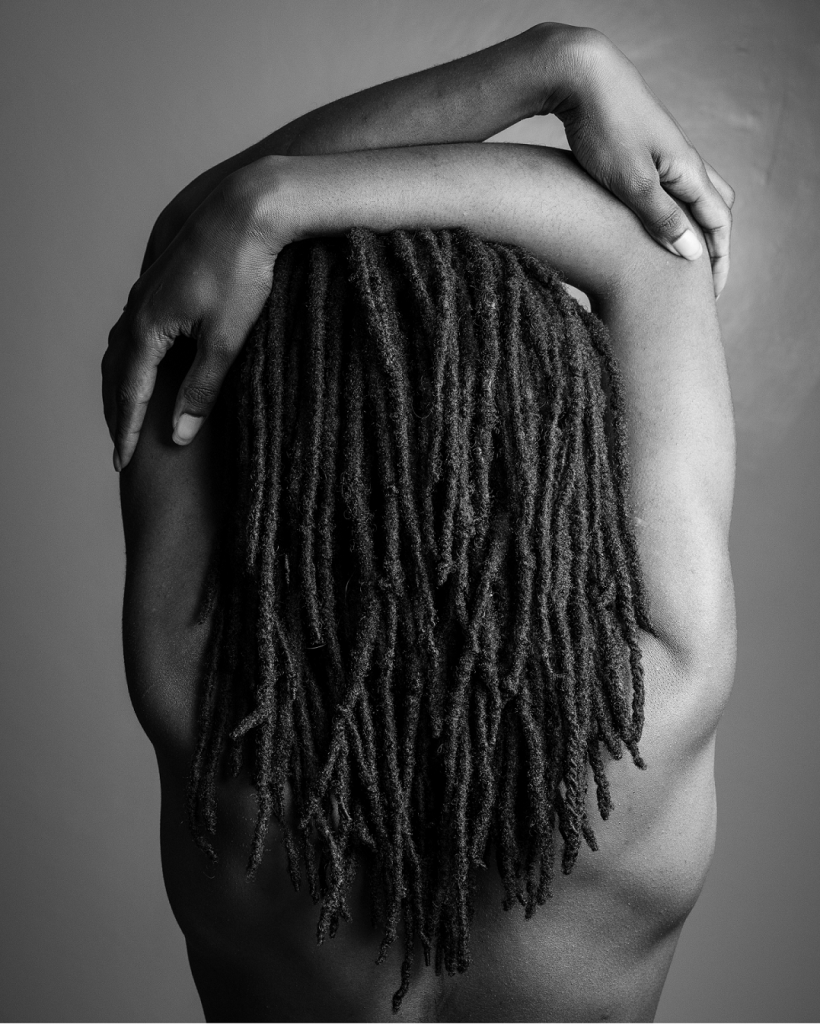
“In high school, I attempted suicide 48 times, using pills, jumping from a bridge, cutting and carbon monoxide. I wanted to change myself but I couldn’t and that made me depressed. So, I thought I should not go on living.”
READ THE STORY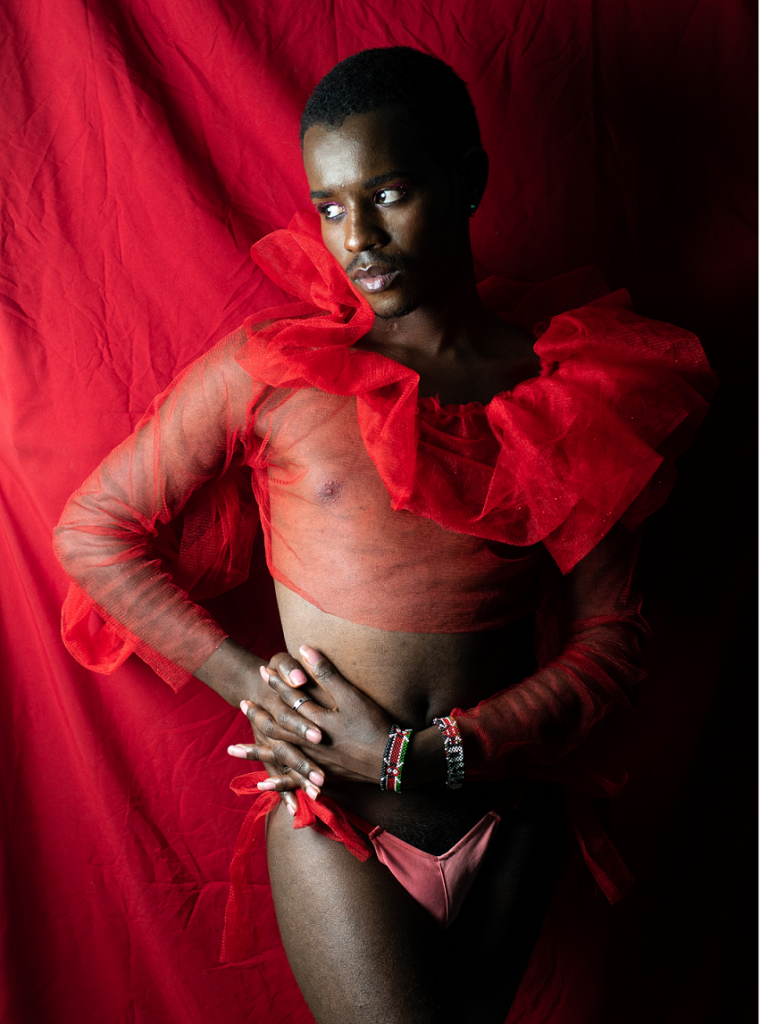
“Realization that who you are is an illegal unnatural crime…punishable by law..an abomination in the eyes of religious people was just overwhelming…”
READ THE STORY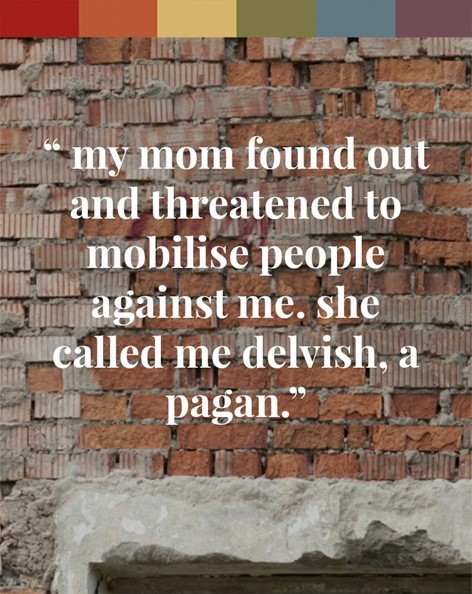
“My mom threayened to kill me.i ran away.i couldnt go to my house because she threaytened to come there and attack my gf and i”
READ THE STORY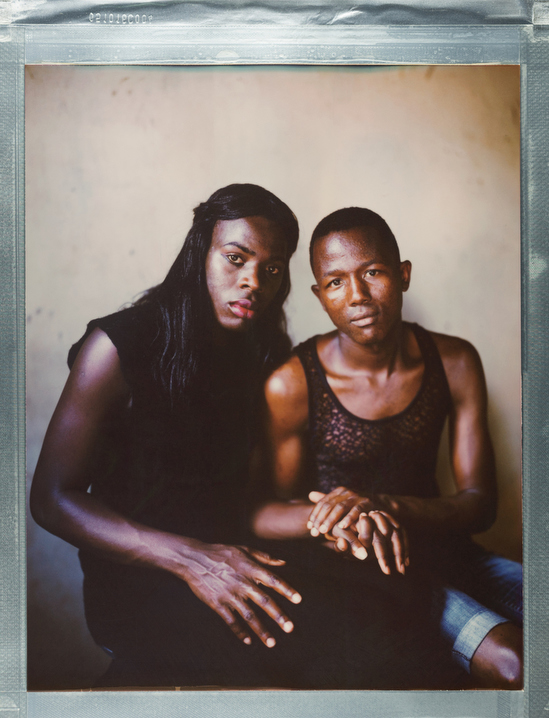
“Then our family got to know about it through the social media and newspapers. So we were ashamed in the community”
READ THE STORY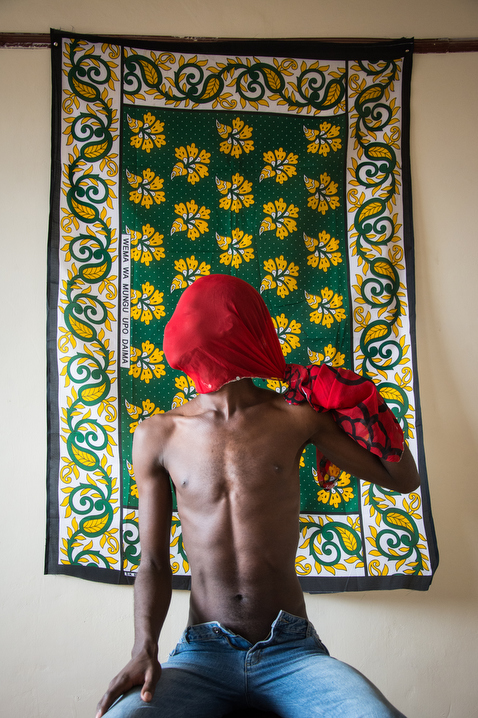
“Being gay and HIV positive in Kenya is hell on earth. You get rejected by fellow queer men and society.”
READ THE STORY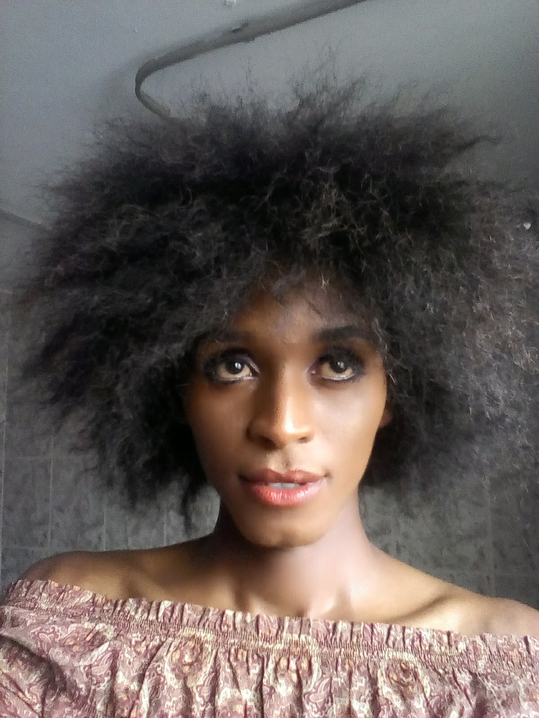
“Despite all this I am smiling through the rain for I know there are so many LGBTQ young folks who look at me as their source of strength and inspiration.”
READ THE STORY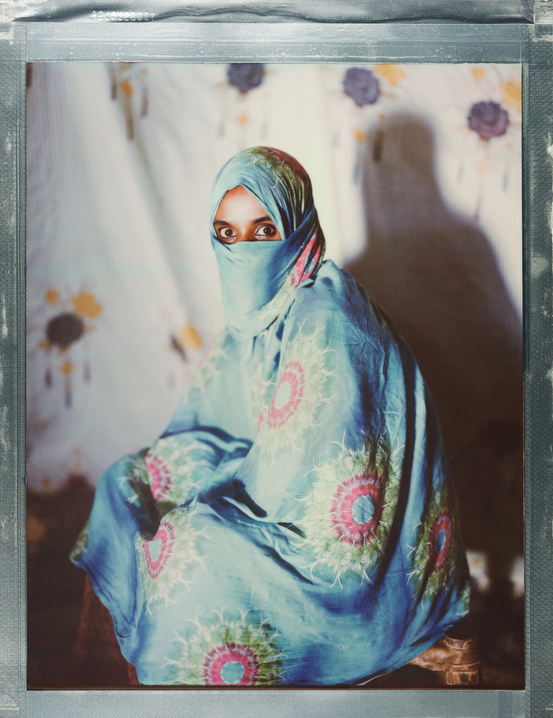
“one night while I was with my friend lying down together my brother saw us and told the elderly of the town that those two boys are having sex. The Elderly people of the town denounce me and told me that I am a bad person to the community and we do not want this happen to our kids in our town.”
READ THE STORY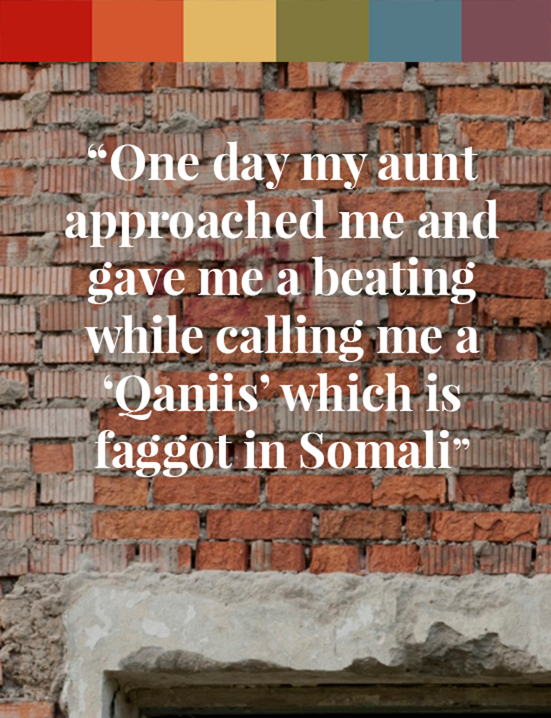
“I put on a mask (Jethro), I acted like I didn’t care for anyone or anything. The mask that allows me to hide my identity, the mask that makes my parents think that I’ve changed. The mask that got me my freedom”.
READ THE STORY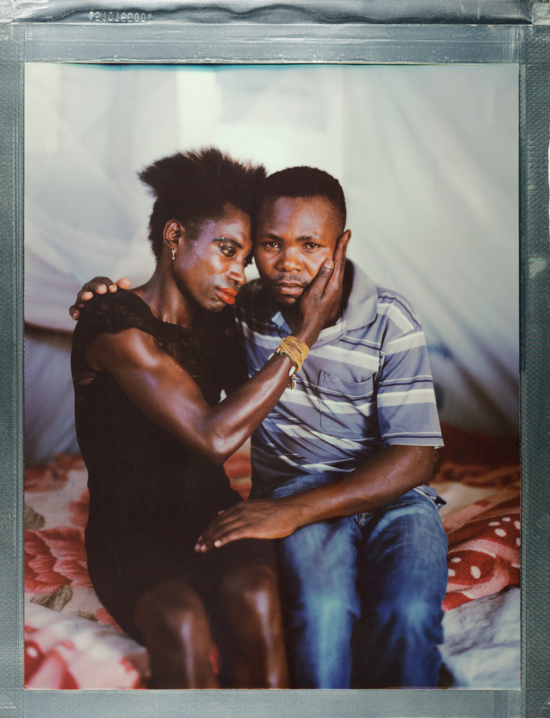
“we had gone to the Clinic 7 hospital one day and met a group of Sudanese who shouted when they saw us and even brought tires and firewood saying they wanted to burn us. They ended up beating me and my husband. We were out of hope when the UN car came and took us to clinic 7.”
READ THE STORY![A posed portrait of Lucky (right) and John (left), Ugandan refugees living in Nairobi. Lucky and John lived together in Uganda - until John’s parents found out they were in a relationship and attacked Lucky.They hid with a friend and saved enough money to flee to Kenya. They were registered separately as refugees and they were able to find some sanctuary in Nature Network. “The life now in Nairobi, because of the Nature Network we have, the little money we are getting, it help me someway, somehow, and the Nature Network come in, they do pay us rent here, they buy us food.” Faith has been an important part of keeping them strong through their trials.
“If it wasn't God's help, we would have already died, because I remember the time when the parents came to attack him [Lucky], and then, they wanted to kill him, if it was not God, he would have already died, but God knows us, God loves us, so he managed to protect us all the way from Uganda up to here, we are together.” Kenya, October 2017.
Nature Network is a Nairobi based organization providing LGBTQI+ refugees in Kenya with support through safe temporary housing, health services, food and security. Nature Network has advocated to police over 50 times, responding to hate crimes, and runs a WhatsApp group of safety tips. Refugees supported have come from Uganda, Somalia, Burundi, Rwanda and Sudan.
Stigma, discrimination and violence based on sexual orientation means that access to HIV services is yet another challenge for this community. As a result, LGBTQI+ people in Africa are 19 times more likely to be living with HIV, with prevalence rates in many countries exceeding 10-20%. To respond to this, the Elton John AIDS Foundation (EJAF) built a quick, nimble, and easily accessible $10m fund which can get money to the most effective grassroots organisations doing some of the most important work among the most-at-risk LGBT groups in Sub-Saharan Africa. A Rapid Response mechanism administered by the International HIV / AIDS Alliance quickly disburses smaller sums to respond to emergencies where LGBT people are in jeopardy. The fund is active in 30 countries and Nature Network in Kenya is one project that has received the fund.
Robin Hammond/NOOR for Witness Change](https://whereloveisillegal.com/wp-content/uploads/2018/06/LGB20171101P_KEN_011.jpg)
When they attacked him, he managed to escape. He ran away, and then, he told me, ‘Don’t come back home, because even me have left home, cause your parents went there to kill me. They realized that we are gays.’
READ THE STORY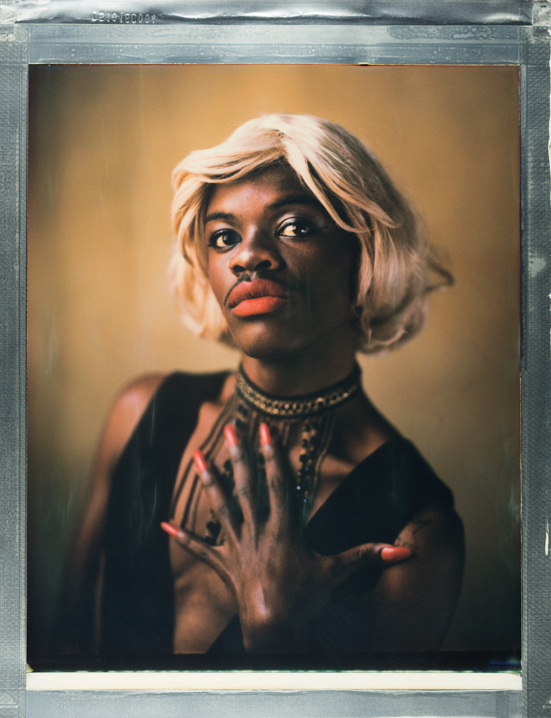
“During my teenage I was expelled from school, because I was gotten exchanging letters with my boyfriend. That’s when my parents disowned me and put police to hunt me down. When I got to know about it I had to flee Uganda, because my life was in danger.”
READ THE STORY
“I came out to my family last Year January and they did not take it like I thought they would mum was violent to me even though I thought she was the one who would be on my side”
READ THE STORY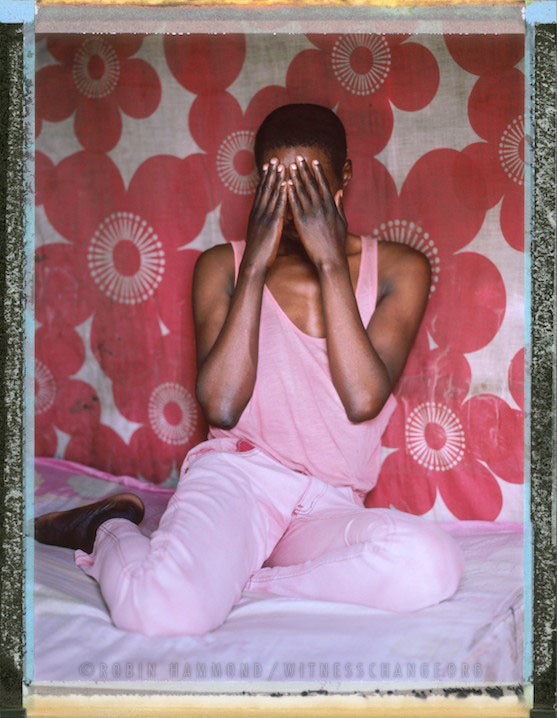
“I met him and that same night he proposed; it was first sight love.”
READ THE STORY